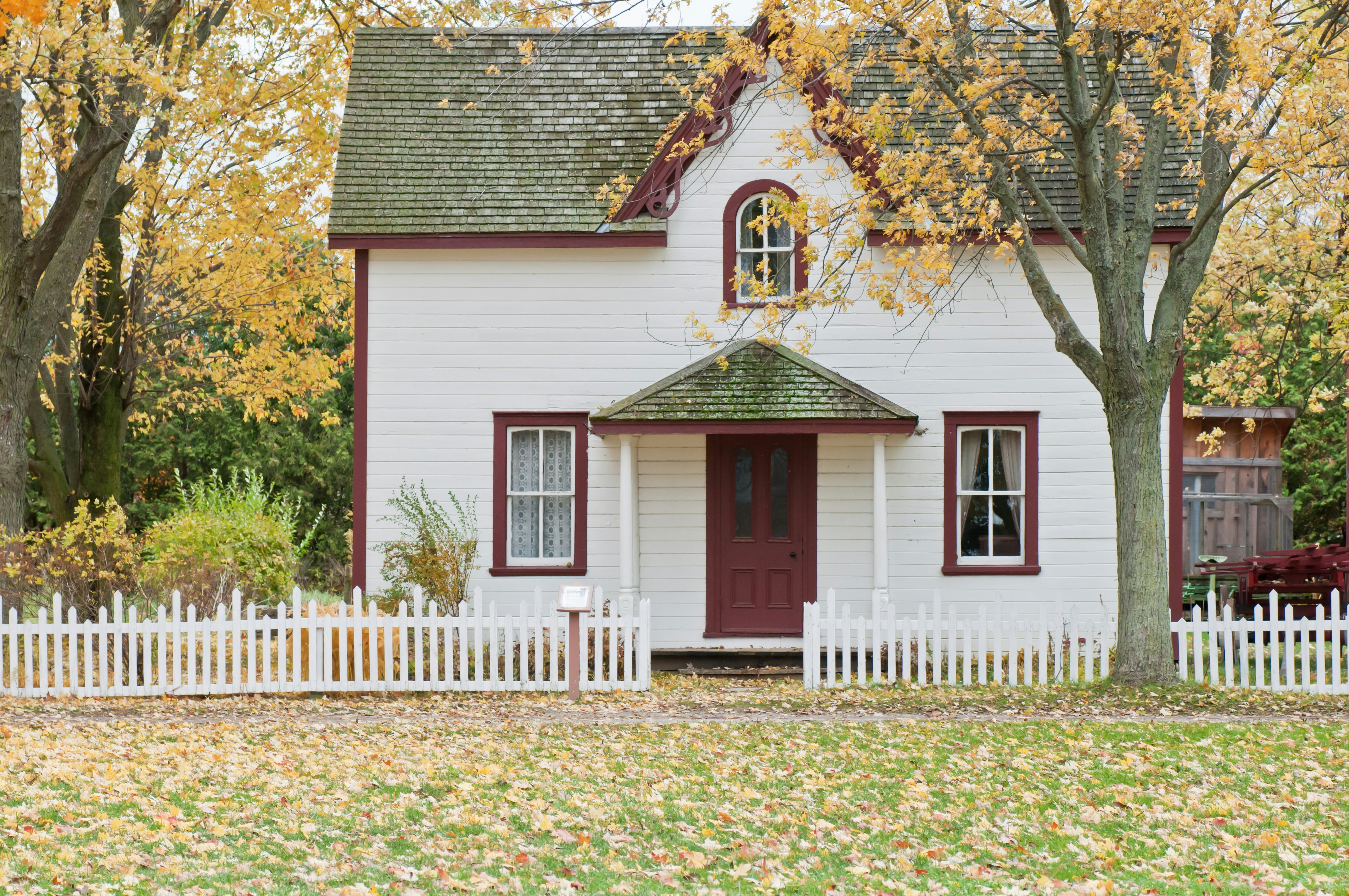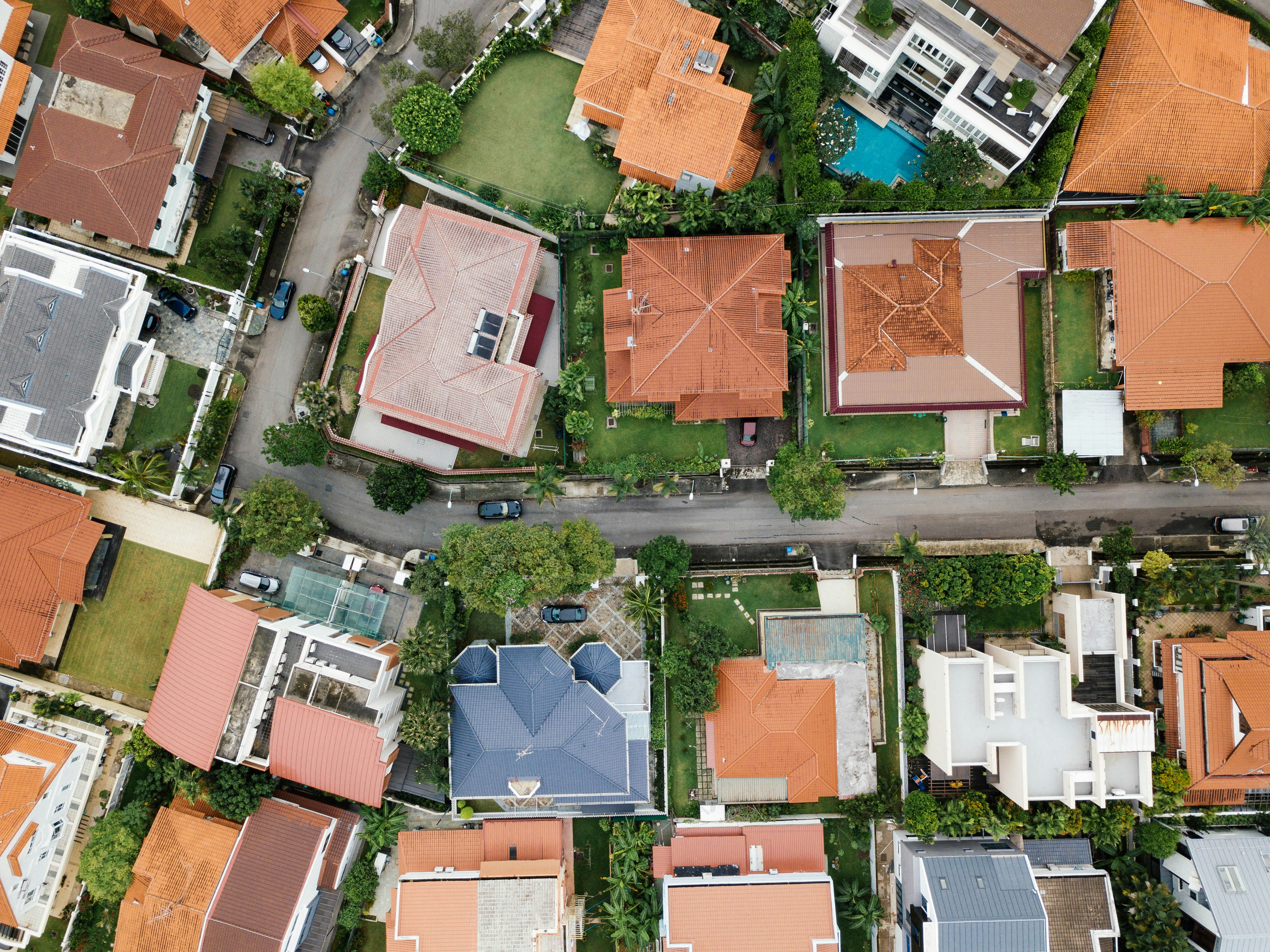Property Tax Simulator
Comparing Property Taxes and Fees
Property Taxes
Progressive Taxation
- Based on property value (ability to pay)
- Higher-value property owners pay more
- Tax burden aligns with wealth
- Can include relief programs for low-income homeowners
Example Impact:
| $80,000 home owner: | $1,230/year | 2.5% of income* |
| $250,000 home owner: | $3,840/year | 3.8% of income* |
| $500,000 home owner: | $7,680/year | 5.1% of income* |
*Based on typical household income for homes at these values in Memphis/Shelby County
Flat Fees
Regressive Taxation
- Same amount regardless of income or wealth
- Lower-income households pay a higher percentage of income
- Disproportionately burdens vulnerable residents
- Limited options for reducing burden on low-income households
Example Impact: $300 Annual Fee
| $30,000 household income: | $300/year | 1.0% of income |
| $75,000 household income: | $300/year | 0.4% of income |
| $150,000 household income: | $300/year | 0.2% of income |
The same flat fee has 5 times the impact on a lower-income household compared to a higher-income household
Impact by Household Income
Key Takeaways
Why Progressive Revenue Matters
When governments seek new revenue, they should prioritize progressive sources that distribute the burden equitably based on ability to pay.
Common Memphis & Shelby County Fees
- Solid waste fee: $12-30 per month
- Auto registration fees: $30-50 per year
- Stormwater fees: $4-8 per month
- Motor vehicle privilege tax: $25-50 per year
Property Tax Journey: Interactive Learning Experience
Step 1: How Property Taxes Fund Our Community
Property taxes are a primary revenue source for both Memphis and Shelby County. They fund essential community services that we all rely on:
-
Public SafetyPolice, fire, emergency services
-
EducationSchools, libraries, educational programs
-
InfrastructureRoads, bridges, public transportation
-
Parks & RecreationPublic parks, community centers
How Property Taxes Work:
- Your property is assessed to determine its value
- The assessed value is calculated (25% for homes, 40% for commercial properties)
- The tax rate is applied to your assessed value
- The resulting tax revenue funds local government services
Example: For a $200,000 home:
- Assessed value = $50,000 (25% of market value)
- Tax = $3,081.50 ($1,725 county + $1,356.50 city)

Understanding Property Taxes
How Property Taxes Work in Memphis & Shelby County
Property taxes are a critical revenue source for both the City of Memphis and Shelby County. They fund essential services like police, fire, roads, parks, and more.
Properties are assessed by the Shelby County Assessor's Office to determine their market value and assessed value.
- Market Value: The estimated fair market value of your property.
- Assessed Value: A percentage of market value, depending on property type:
- Residential: 25% of market value
- Commercial: 40% of market value
- Industrial: 40% of market value
Example: A home with a market value of $200,000 would have an assessed value of $50,000 (25% of $200,000).
Two separate tax rates apply to properties in Memphis:
- Shelby County Rate: 3.39% in FY25 (reduced from 4.05% in 2020)
- City of Memphis Rate: 2.713% in 2021 (reduced from 3.1959% in 2020)
Tax rates are expressed in dollars per $100 of assessed value.
Example: For a property with an assessed value of $50,000, the county tax would be $1,695 (3.39% of $50,000) and the city tax would be $1,598 (3.1954% of $50,000), for a total of $3,293.
Tennessee state law requires periodic reappraisal of all properties (typically every 4 years in Shelby County). The most recent reappraisal was in 2021.
During the 2021 reappraisal, property values changed significantly:
- Overall property values: +27.4%
- Residential properties: +30.3%
- Commercial properties: +19.2%
- Industrial properties: +32.3%
After reappraisal, Tennessee law mandates "recertification" of tax rates to maintain revenue neutrality. This means:
- When property values increase, tax rates must decrease proportionally
- The total revenue collected must remain approximately the same
- This prevents local governments from automatically gaining more revenue just because property values increased
In 2021, because property values increased by about 27.4%, tax rates were reduced by similar percentages:
- County rate reduced from 4.05% to 3.39% (16.3% decrease)
- City rate reduced from 3.1959% to 2.713% (15.1% decrease)
Important: Local governments can still choose to set rates higher than the recertified rates, but this requires explicit action by elected officials.
Key Property Tax Facts
Property Value Changes (2020-2021)
Overall property values increased by approximately 27.4%
Tax Rate Adjustment
County rate reduced from 4.05% to 3.39% (16.3% decrease)
City Rate Adjustment
City rate reduced from 3.1959% to 2.713% (15.1% decrease)
Different Property Types
Residential: +30.3%, Commercial: +19.2%, Industrial: +32.3%
Property Tax Calculation
Example Calculation
For a home valued at $200,000:
- Assessed Value: $50,000 (25% of $200,000)
- County Tax: $1,695 (3.39% of $50,000)
- City Tax: $1,356.50 (2.713% of $50,000)
- Total Tax: $3,051.50

Tax Rate Simulator
Try setting different tax rates to see how they impact revenue generation. The current rates shown are the "recertified" rates after the 2021 reappraisal.
Shelby County Tax Rate
2020 Rate: $4.05
FY25 Rate: $3.39
City of Memphis Tax Rate
2020 Rate: $3.20
2021 Recertified Rate: $2.71
Raising tax rates above the recertified levels would generate additional revenue for services.
Additional Revenue Generated
$0
Total additional revenue above recertified rates
$0
County
$0
City
What Could This Fund?
Adjust the tax rates to see potential funding impacts.
Impact on Average Homeowner
For a home with an assessed value of $50,000 (market value ~$200,000):
Current Tax
$3,081.50
With New Rates
$3,081.50
Difference: $0.00
Individual Property Tax Calculator
Use this calculator to estimate the impact of property value changes and tax rate adjustments on your individual property tax bill.
Calculation Results
Enter your property information and click "Calculate" to see results.
About This Calculator
This calculator helps you understand:
- How changes in your property value affect your tax bill
- How recertified tax rates work to limit tax increases
- What impact different tax rates would have on your bill
Remember, the actual tax bill may vary if you have exemptions (like homestead exemption) or if your property is in a special tax district.

Additional Revenue Sources Beyond Property Taxes
Current Revenue Sources: Memphis
Current Revenue Sources: Shelby County
Alternative Revenue Options
Sales Tax
Current Status
The local option sales tax in Memphis is currently set at the maximum 2.75% (on top of the state's 7% for a total of 9.75%).
Pros
- Captures revenue from visitors and tourists
- Spreads the tax burden across a broader base
Cons
- Regressive - lower-income households spend a higher percentage of income on sales tax
- Already at maximum rate allowed by state law
- Not stable during economic downturns
PILOT Reform
Current Status
Memphis and Shelby County offer payments in lieu of taxes (PILOTs) that reduce property tax payments for businesses. Memphis has one of the most active PILOT programs in the country.
Potential Reform
Implementing stricter requirements, shorter terms, or higher minimum payments could generate an estimated $10-20 million in additional annual revenue.
Equity Consideration
Current PILOT programs shift tax burden from corporations to individual homeowners and small businesses.
Hotel/Motel Tax
Current Status
Memphis has a 3.5% hotel tax on top of the county's 5% hotel tax, for a total of 8.5% (plus the 9.75% sales tax).
Potential
Each 1% increase in the hotel tax could generate approximately $2-3 million in additional annual revenue.
Equity Benefit
This tax primarily affects visitors, not local residents, making it popular politically and reducing burden on local taxpayers.
Rental Car Tax
Current Status
Shelby County currently charges a 2% rental car surcharge.
Potential
Increasing this fee or adding a city surcharge could generate $1-2 million in additional annual revenue.
Equity Benefit
Like hotel taxes, rental car fees primarily affect visitors rather than residents, though some impact falls on local residents who rent vehicles.
Entertainment Tax
Current Status
Memphis does not currently have a dedicated entertainment or amusement tax on tickets for events, shows, and attractions.
Potential
A 5% tax on entertainment and event tickets could generate an estimated $3-5 million annually.
Considerations
This would generate revenue from both residents and visitors, but could face opposition from entertainment venues and event organizers.
State Shared Revenue
Current Status
Memphis and Shelby County receive a portion of state sales tax, gas tax, and other revenues collected by Tennessee.
Challenges
State shared revenue has not kept pace with inflation or local needs, creating funding gaps for essential services.
Advocacy Opportunity
Working with the state legislature to increase funding formulas could provide significant revenue without raising local taxes.
Revenue Equity Considerations
Revenue Justice
When evaluating new revenue sources, it's important to consider who bears the burden. Progressive revenue sources ask more from those with greater ability to pay.
More Progressive Options
- Property taxes with relief programs for low-income homeowners
- Luxury taxes on high-end items
- Tourist and visitor taxes (hotel, rental car)
- Reducing corporate tax breaks (PILOT reform)
Who Bears the Burden?
Memphis has one of the highest poverty rates among major U.S. cities, making it particularly important to avoid regressive revenue sources.
More Regressive Options
- Sales taxes on necessities
- Flat fees for services
- Court fines and fees
- Utility taxes and surcharges
Revenue Impact Comparison
Compare the estimated revenue potential of different funding sources and see possible investments that could be funded.
| Revenue Source | Rate Change | Annual Revenue Potential | Who Pays? | Equity Impact |
|---|---|---|---|---|
| Property Tax | +$0.50 per $100 assessed value | ~$30 million | Property owners (residents & businesses) | Progressive |
| PILOT Reform | 20% reduction in tax breaks | ~$15 million | Corporations with tax incentives | Progressive |
| Hotel Tax | +2% increase | ~$5 million | Tourists & visitors | Progressive |
| Entertainment Tax | New 5% tax | ~$4 million | Residents & visitors | Mixed |
| Solid Waste Fee | +$5 per month | ~$8 million | All households (same flat fee) | Regressive |